The Truth Behind the Best Superfoods You Can Eat
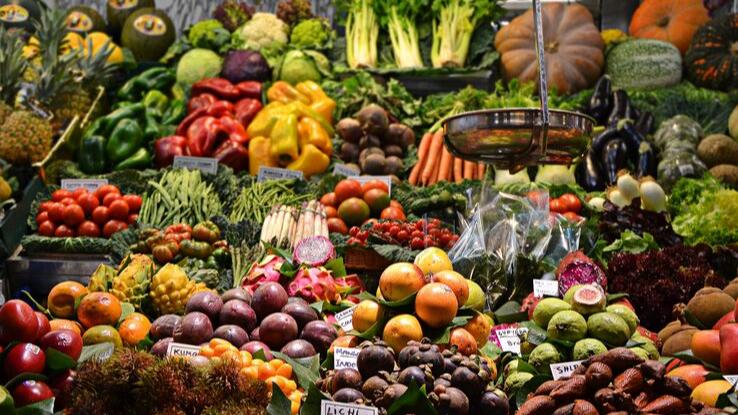
Eating healthy is never easy, and the constant stream of misinformation can make it downright confusing. It seems like there’s always a new study or diet craze to challenge your perception of what’s healthy.
The latest trend to debate is whether certain produce, proteins and spices really deserve to be called “superfoods.” It’s time to pull back the curtain and reveal the truth behind which superfoods are the best options to keep on your grocery list.
Avocados
When it comes to listing superfoods, it’s only fitting to kick things off with avocados. They are commonly known as the healthy fat fruit, which requires some explanation. One cup of avocado provides 21 grams of monounsaturated and polyunsaturated fats.
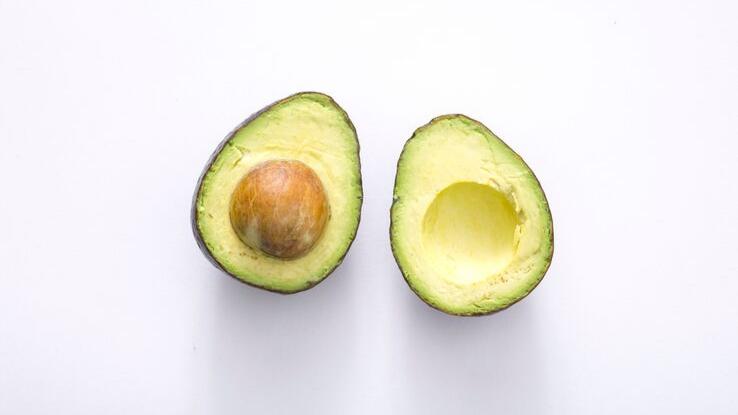
Polyunsaturated fats are necessary for your body to function, but you don’t produce them naturally. Monounsaturated fats reduce inflammation, lower risk of heart disease and provide anti-cancer benefits.
Salmon
Some fish provide heaping amounts of protein and boost your body’s health, which is precisely why doctors recommend you eat two servings of fish a week. Salmon is full of omega-3 fatty acids that help your heart and your brain.

This super fish is a smart food to add to your diet, especially if you live with an autoimmune disease. Omega-3 fatty acids reduce inflammation in people living with rheumatoid arthritis, multiple sclerosis and Crohn’s disease. If you want to help ease pain and become stronger, be sure to stock up on salmon.
Blueberries
Blueberries are the most beneficial berry to add to your diet. Each serving provides heart and bone support along with several necessary vitamins. The berries are also filled with anthocyanins, which increases brain functions — and that’s only a taste of what these berries can do.
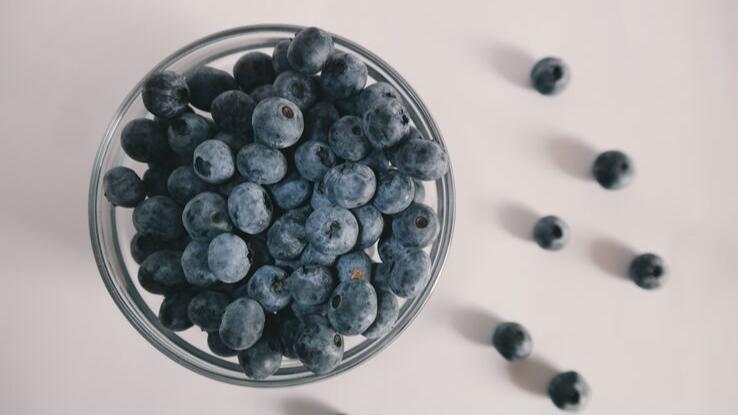
The results of a 2012 study suggested blueberries help neurons in the brain communicate. This communication prevents people from developing age-related memory loss diseases like dementia and Alzheimer’s. Blueberries also help boost your concentration and mental health, so definitely keep this tasty fruit in your fridge.
Broccoli
These tiny trees are mighty superfoods that should be a regular addition to your shopping list. Broccoli is low in calories but high in essential vitamins and minerals. Just one cup has as much vitamin C as an orange!
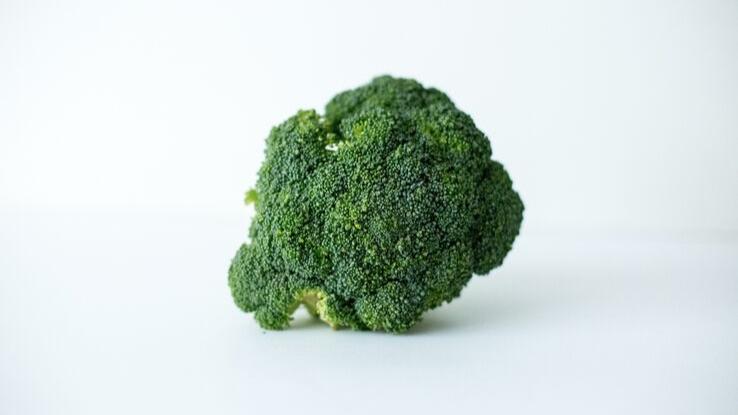
Broccoli is hailed as a cancer-fighting superfood, but recent studies revealed a new benefit. A study conducted by JAMA Psychiatry revealed compounds from broccoli adjust chemical imbalances in the brain linked to schizophrenia. Scientists hope broccoli sprout compounds can help schizophrenia patients lower their daily antipsychotic medicine intake in the future.
Eggs
Recent news headlines have folks questioning their benefits, but eggs are definitely a superfood. An egg is actually one of the most nutrient-dense foods available. Each one is full of vitamin D, B12, selenium and choline.

If you’re concerned about cholesterol, rest assured that eggs are safe to eat. Cholesterol from food has less of an effect on your blood cholesterol than saturated fat. If you do live with high cholesterol, avoiding saturated fats is a safer bet than avoiding eggs.
Beets
Beets are root vegetables that often get left out of the superfood conversation. In fact, they are full of nutritious vitamins and immune system boosters. They also contain a high amount of potassium, a nutrient that many people only associate with bananas.
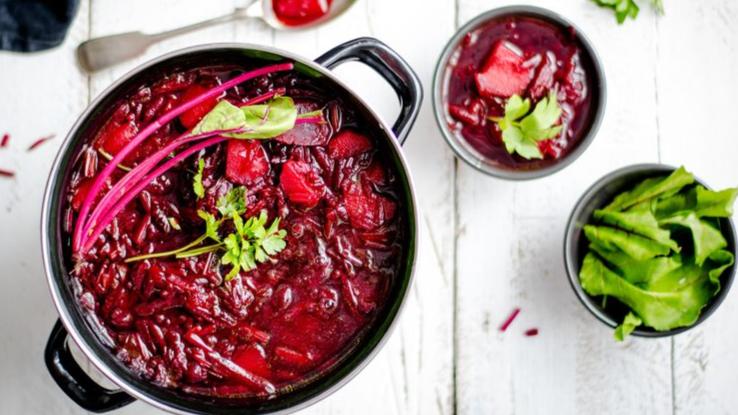
Beets are also loaded with nitrates, which can help improve your stamina. A study conducted by the Journal of Applied Physiology suggested nitrates can boost your athletic performance. So, the next time you plan to run long distances, help yourself to some beets before heading out.
Greek Yogurt
Greek yogurt provides you with the power of probiotics, which are live microorganisms that can maintain or improve bacteria levels in the body. It may sound gross, but your digestive system needs the good bacteria to break down the nutrients in your food.

Without the good bacteria in your body, too much bad bacteria can build up and damage your immune system. If you frequently have an upset stomach or live with a condition like IBS or Crohn’s, be sure to eat lots of Greek yogurt.
Tomatoes
Before diving into this superfood, you should know a tomato is technically a super fruit. They may be used in savory dishes, but tomatoes are fruits because they have seeds inside and develop from flowering plants. Nutritionally speaking, however, they resemble vegetables because of their low carbohydrate and sugar content.
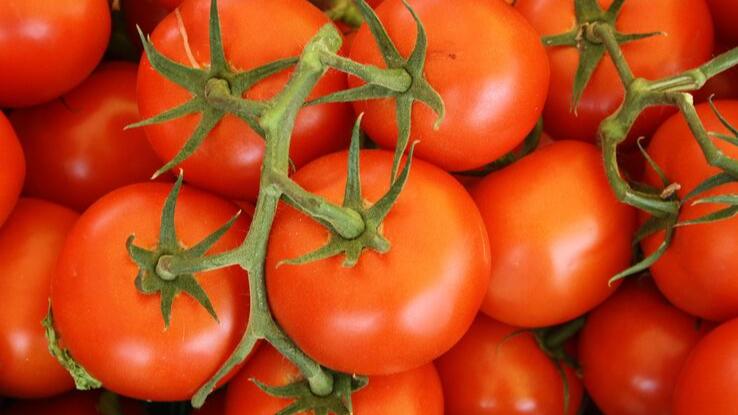
Tomatoes provide lots of lycopene, lutein and beta-carotene. All three nutrients support healthy vision and prevent eye conditions like cataracts. That’s right, it’s not just carrots that help your eyes. Try cooking the tomatoes to achieve even more potent superfood effects.
Cauliflower
Cauliflower is trending among foodies for a reason. It makes a fine alternative for pizza crust and chicken wings, and it’s also a serious superfood. Cauliflower is full of fiber and folate along with vitamins C, K and B6.
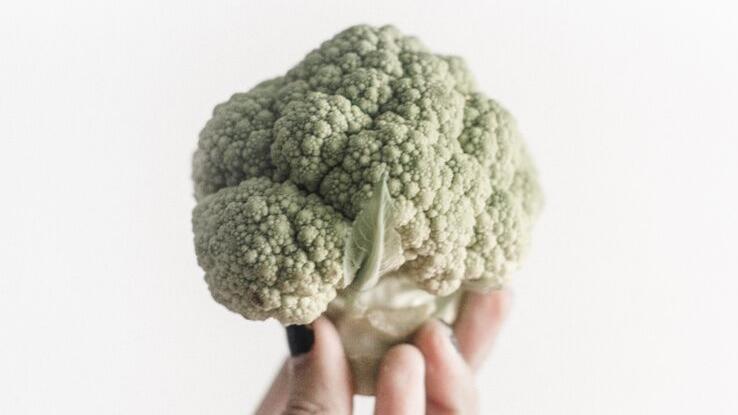
If you’re looking to shed a few pounds, cauliflower can make a great addition to your diet. A cup of chopped cauliflower has only 27 calories and 2 grams of protein. That’s a filling serving of a superfood with hardly any caloric intake.
Walnuts
Nuts of any kind are generally good for your health, but walnuts are a true superfood. They are the only nuts with high amounts of omega-3 fatty acids. Unsaturated, omega-3 fats are good for your heart health and can lower your blood pressure.
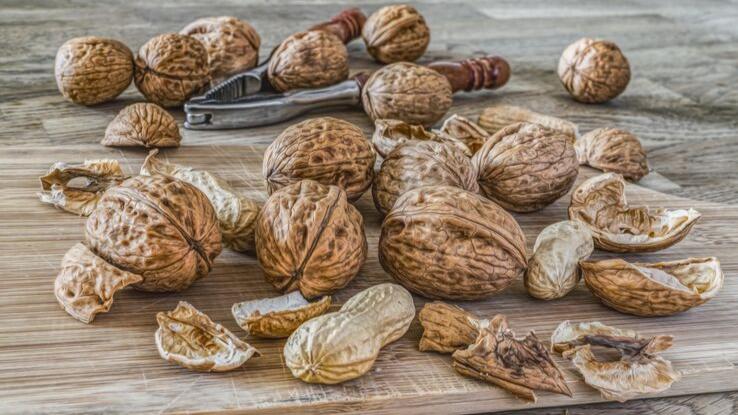
Walnuts also have copper and phosphorus, which help maintain bone health. These essential fats secure the bone health in your body. Be sure to eat the skin of the walnut to enjoy the optimal benefits found in the skin.
Zucchini
A zucchini gourd is a great superfood to add to your meals if you’re looking to shave off a few pounds. An entire cup of zucchini is only 21 calories, so help yourself to as much zucchini as you can eat.

Zucchini also contains zero fat and is high in fiber and water. It’s a perfect squash to help with your digestive system if you’re feeling constipated. You should also add this superfood to your diet if you’re looking to prevent ulcers and colon cancer.
Oats
If you’re looking for a superfood to help with your complexion, look no further. Oats are a great companion to help with your skin care regimen. If you look at some of your favorite face creams and cleansers, you are likely to find oatmeal in them.
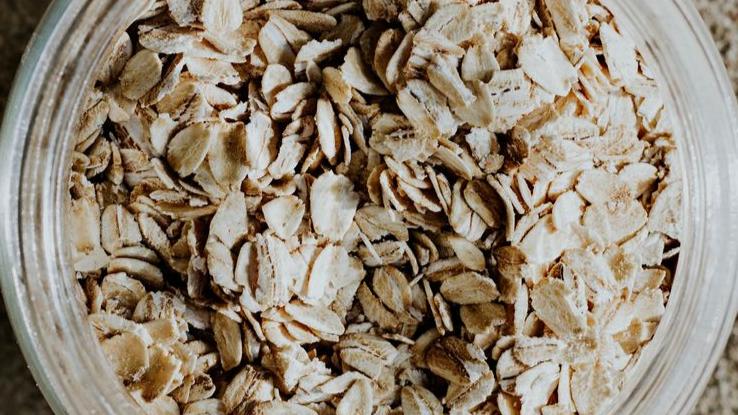
Oats help create a barrier that allows the skin to hold its moisture. At the same time, oatmeal can also help you get some sleep because oats contain melatonin and complex carbohydrates that make it a perfect nighttime snack.
Celery
Contrary to popular belief, eating celery doesn’t reduce your caloric intake. However, celery is still a superfood. It provides you with vitamins C and K in addition to fiber and potassium. So, no, it doesn’t remove calories, but it’s still low in calories, so keep it in your diet’s meal plan.
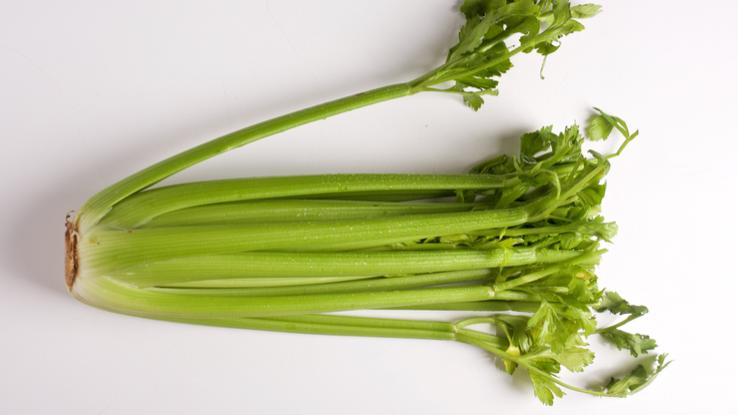
Celery is also helpful in preventing liver disease. A regular serving of celery can protect kidney health and keep your liver clean of toxins. At the same time, it helps reduce bloating and improves your digestive system.
Garlic
Garlic has been a go-to prescription for countless ailments for hundreds of years. That’s because it’s a superfood with a laundry list of benefits. These flavorful cloves help with everything from skincare to fighting the common cold.

Swallowing 2-3 cloves of garlic every morning with warm water can be a serious boost to your health. It can relieve a stuffy nose, purify your blood, help clear your skin and build your immune system. A regular garlic serving can even help the body fight against colorectal cancers.
Cabbage
If spinach or kale aren’t your greens of choice, try cabbage, another leafy superfood. It’s a good source of fiber, calcium, iron and folate, which all provide healthy benefits. Eating cabbage also provides you with vitamins C, K and B6.
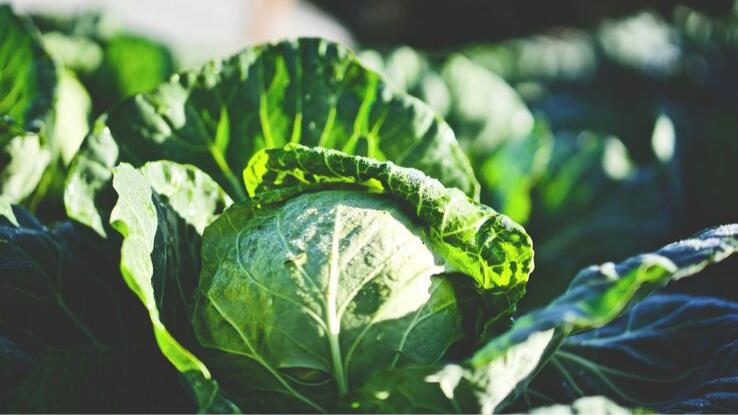
Cabbage tends to get overlooked as a superfood, but it’s also rich in antioxidants and anti-inflammatory agents. If you have undergone cancer treatment, it has a rare compound that counteracts the negative effects associated with radiation therapy and helps protect healthy tissue.
Cinnamon
Cinnamon isn’t a spice to save for holiday desserts. This super spice is a healthy, flavorful sidekick to perk up any meal while perking up your immune system. Fans of cinnamon can double down knowing it’s full of antioxidants and provides anti-inflammatory benefits.

Cinnamon can also assist with lung congestion issues by clearing up mucus and promoting circulation. So the next time you have a cough or cold, add some cinnamon to your tea. The benefits go way beyond a flavor boost.
Lentils
This tiny super legume is a big deal. Lentils are full of nutrients and low in fat but pack a lot of punch when it comes to health benefits. For starters, they provide polyphenols, which protect you from cancer, radiation and heart disease. Lentils also provide you with one-third of your daily iron intake in just one cup of the powerful pods.
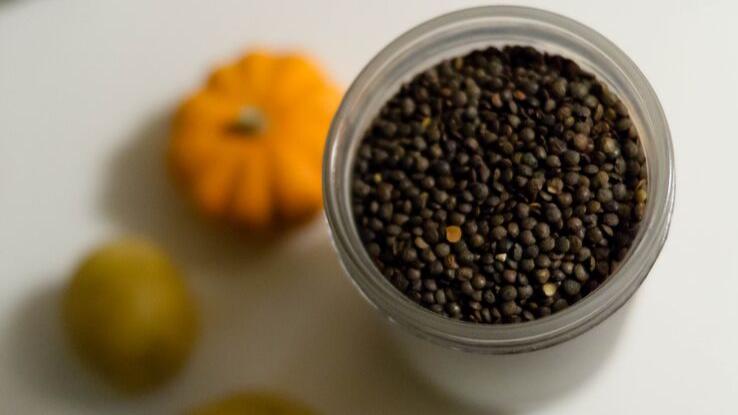
If you’re pregnant, you definitely want to add lentils to your diet. They are an excellent source of folic acid, which is essential when you’re expecting. Folic acid is also great for your hair’s health, so even if you aren’t pregnant, it’s still a beneficial superfood.
Ginger
Ginger is a flavorful, peppery root that plays a major role in digestive health. It increases the body’s speed and ability to move food from the stomach. This helps reduce your chance of experiencing heartburn or indigestion.

If 60% of your body’s energy goes to regulating your metabolism, think of ginger’s benefits. Adding a ginger capsule or ginger tea to your meal can help save your stomach some work, allowing you to feel more refreshed and energized. At the same time, it can curb inflammation with its antibacterial properties.
Brussels Sprouts
Brussels sprouts can be an acquired taste, but if you’re not a fan, you should at least try to give them a second chance. Just one Brussels sprout gives you a powerful supply of Vitamin A and a healthy dose of calcium.
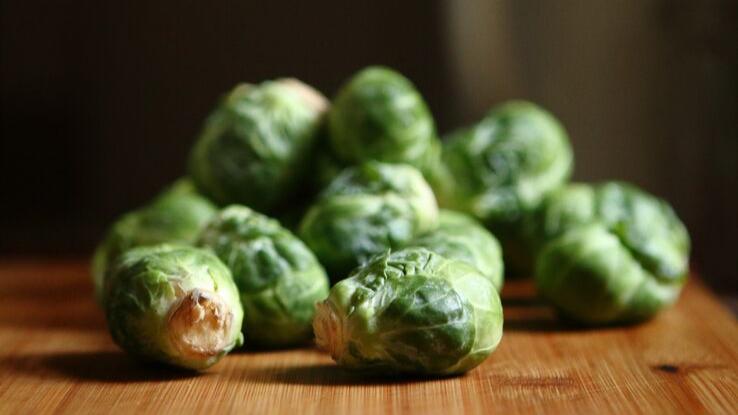
According to a study published in the Journal of Food Science, Brussels sprouts can help reduce the risk of certain cancers. They can also provide you with special cholesterol-lowering benefits if you steam them as your cooking method.
Turmeric
Turmeric is trending for good reason. This superfood owes most of its beneficial bragging rights to its supply of curcumin. Curcumin is an anti-inflammatory agent and antioxidant that gives turmeric its powerful punch. It even helps repair your skin from visible signs of aging.

Curcumin has several benefits, but the standout is its potential to counter depression. A 2013 study found that curcumin was almost as helpful for people living with depression as taking generic Prozac. That’s a major discovery!
Kohlrabi
If you’ve never heard of kohlrabi before, you’re certainly not alone. This oddly shaped vegetable is a major superfood that improves digestion and boosts your immune system. Kohlrabi also helps boost energy levels and regulate blood pressure.

It tastes somewhere in between broccoli and cabbage. It pairs very well with Indian spices and is served in several traditional Indian dishes. You can enjoy kohlrabi raw, purée it into a soup or roast it in the oven to achieve a caramelized crunch.
Cottage Cheese
Cottage cheese is an old school food that is often overlooked in the modern dairy aisle, but you may want to give it a second chance. It’s full of vitamins and proteins that are great for building and preserving muscle mass.

Cottage cheese is of course a great source of calcium. Just 100 grams of cottage cheese has 83 grams of protein in it! A routine morning serving can preserve your bones, teeth and heart muscles, so don’t skip over cottage cheese the next time you’re in the grocery store.
Kale
This should come as no surprise. When it comes to superfoods, kale is often at the top of the list — and for good reason. Just one cup of kale provides almost 700% of your daily allowance of vitamin K. That’s a lot of green power!
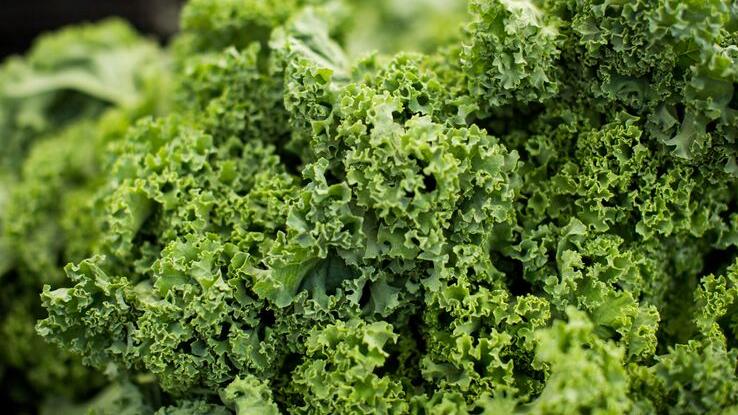
Kale is one of the most nutrient-dense foods on the planet. It’s also a potent source of antioxidants, which are known to keep inflammation at bay. This green leafy vegetable also protects your heart, reduces cancer risk and supports eye health.
Pumpkin
Pumpkins — considered fruits, by the way — are one of the most nutritious superfoods around. They’re great for boosting your immune system and for improving your heart and eye health, and they’re filled with fiber and a wide array of helpful vitamins.

If you’re looking for a tasty snack without buying the whole pumpkin, try starting out with a bag of pumpkin seeds. They make an easy alternative when you want to reap the benefits from the plant. Even certain organic canned pumpkin options can provide you with this superfood’s nutrients.
Turkey Breast
If you’re still eating meat for protein, make turkey your primary choice. In general, it’s a wise idea to limit your intake of beef, pork and other fatty meats to maintain a healthy diet. A plant-based diet is better for your digestive system and the planet.

If you can, make sure your turkey comes from organic farms to avoid unwanted GMOs, steroids or other harmful additives. Genetically modified organisms have potentially harmful additives that are best to avoid if you want to preserve your health.
Arugula
Arugula is more than a salad filler and a pizza topping. This leafy superfood is an excellent source of calcium, iron and zinc. Because it’s composed of 90% water, it’s also a perfect food to help you stay hydrated through the summer season.

If that wasn’t convincing enough, arugula is also an aphrodisiac. That’s right, this tasty green has been used as an arousal aid since the first century. Arugula has been shown to block the chemicals that negatively impacts libido.
Soybeans
Soy can be a superfood, but it depends on where you get it. Soy-based foods like tempeh, tofu and miso are some of the healthiest on the planet. Good soy, not GMO-based soy, can reduce your risk of colorectal cancer, boost your bone strength and lower cholesterol.
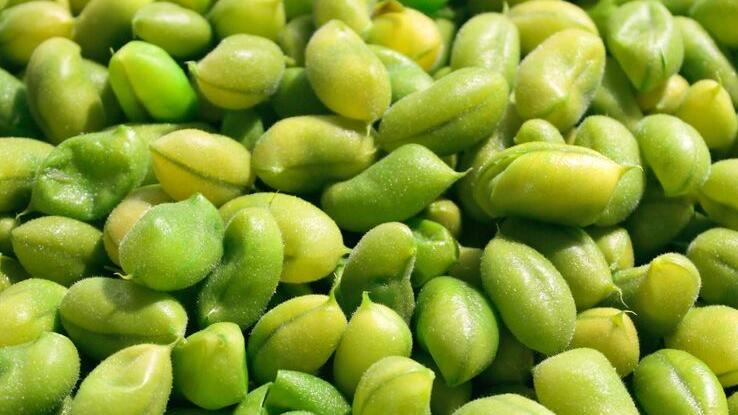
Soy is also helpful to improve fertility when you take the right amount. If you’re dealing with hot flashes, soy can also be beneficial in controlling them. Some women have reduced hot flashes and night sweats by adding moderate soy portions to their diets.
Tea
Green tea and other caffeine-free tea flavors are great mood boosters and offer you the chance to unwind. Their relaxing properties are perfect for whenever you’re feeling stressed. Just make sure to refrain from adding sweeteners to your tea to receive the maximum benefits.

Green tea also has a major effect on T-cell functions, which can impact your autoimmune system. At the same time, green tea supports brain health. The levels of theanine in tea can enhance your memory and cognitive performance. Drink up!
Ashwagandha
Ashwagandha is a root plant that can improve your sleep, stabilize your mood and increase your endurance. Its name is Sanskrit for “smell of the horse,” which gets its name from its ability to boost your energy as well as from its intoxicating scent.

It’s called a “miracle powder” in several different cultures for a reason, so give it a try. Add it to your morning tea, or mix it into your favorite nut butter. The flavor is really a delight, and the benefits are bountiful.
Pears
Pears are a superfood for a reason unlike the others on this list. Most fruits provide you with refreshing flavors and nutritious vitamins, but pears offer something special. If you’re sipping on a cocktail while reading this list, then this is the superfood for you.

According to a study from 2015, drinking a glass of pear juice before indulging in a night of cocktails can help with hangovers the next morning. The study focused solely on Asian pears, so more research is needed to see if it works for other types of this helpful fruit.





